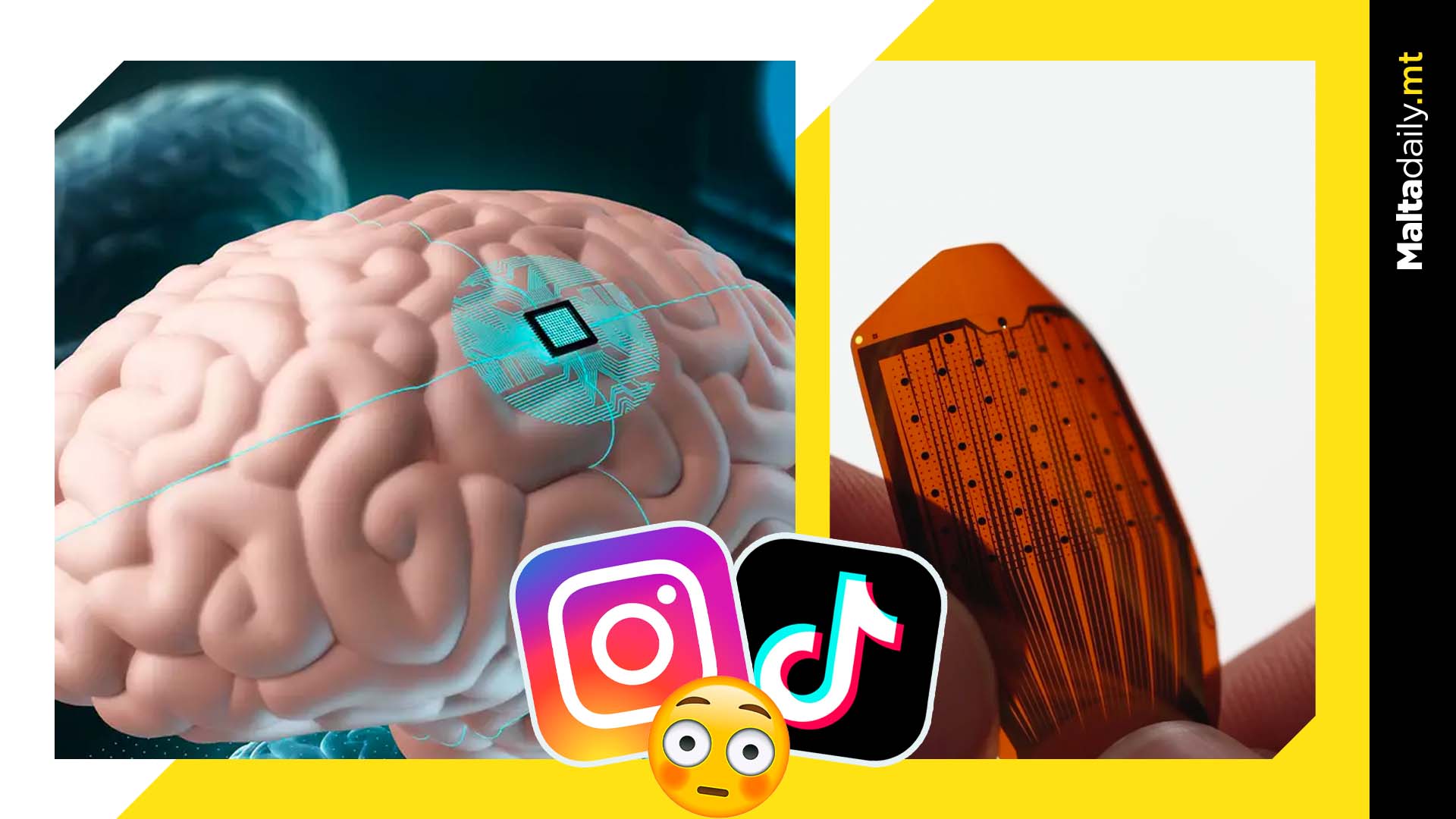We could soon be using social media with just our minds

Scientists have created an innovative brain implant that could change the way people interact with technology.
The implant, called the Layer 7 Cortical Interface, is thinner than a human hair and has the potential to allow people to use social media with just their minds.The primary target group for the implant are paralysed or mute patients who are unable to communicate through a computer using their limbs. However, even healthy individuals could take advantage of this technology.
Unlike brain implants created by companies like Elon Musk’s, the procedure for the Layer 7 Cortical Interface is less invasive and the implant sits on the surface of the brain rather than being embedded within the tissue.
The implant is made of a strip of flexible, thin film material and has electrodes attached to it, which are one-fifth the thickness of a human hair. This helps the implant to conform to the surface of the brain without causing any damage to the tissue.
To implant the device, surgeons make a small slit in the skull and slide the strip in, similar to putting a letter in a box. The CEO of Precision, Michael Mager, has stated that the slit is less than a millimeter thick and patients do not even need to shave their heads to receive the implant. This is a major advantage compared to other technologies that require removing a significant portion of the skull, which carries the risk of infection.
The device works by collecting brain signals, interpreting them, and sending commands to a connected machine depending on the brain signals received. The number of electrodes on the strip can be easily increased, making it possible to use the implant to treat other neurological conditions.
If a patient changes their mind, the implantation is also reversible. The device has already successfully decoded brain signals in animals and Precision is hoping to get FDA approval to test the implant in humans in the near future.
With this groundbreaking technology, the future of communication and interaction with technology looks very exciting.
#MaltaDaily


